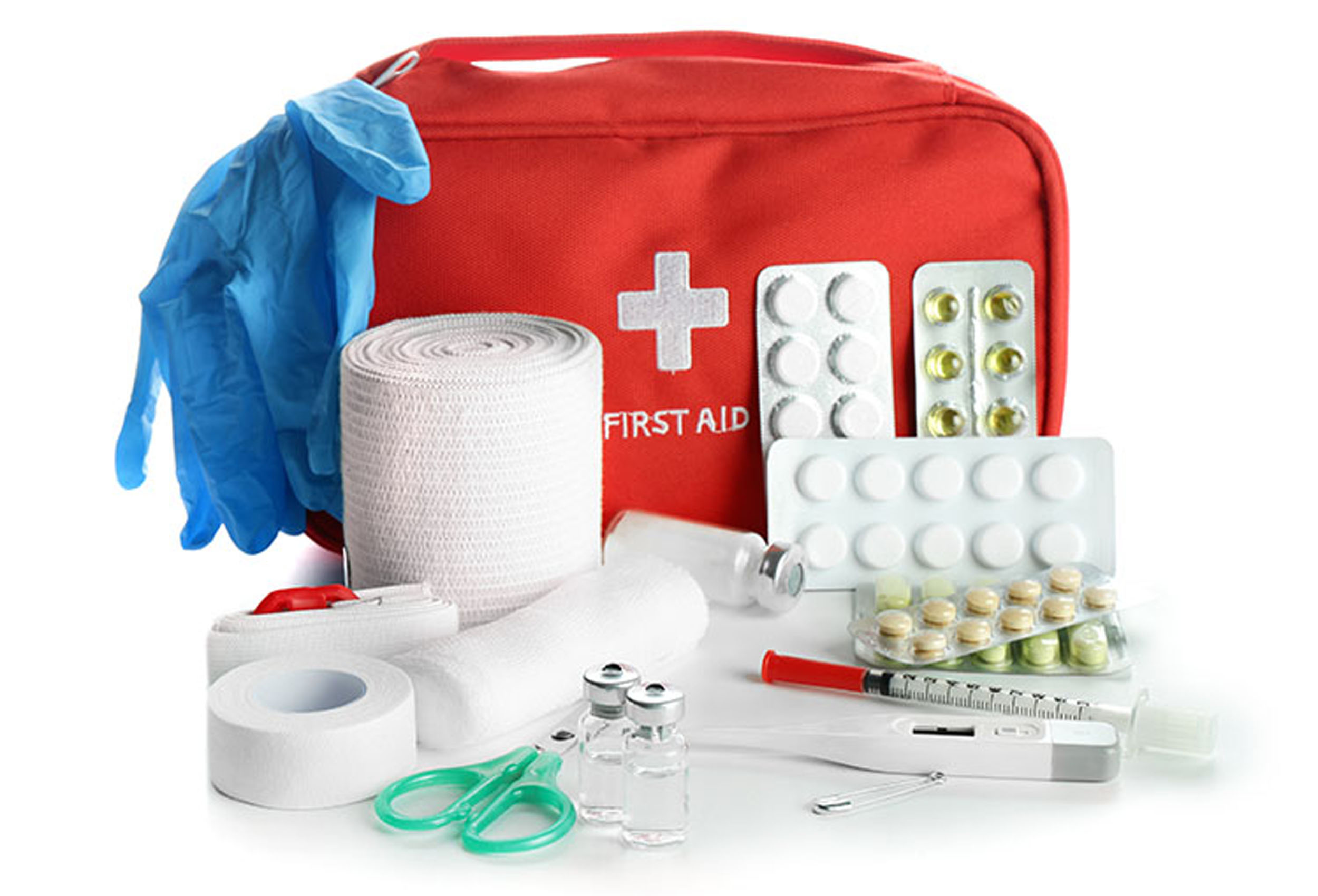In a world where the importance of physical health is often emphasised, the pivotal role of mental well-being can sometimes be overlooked. Just as we learn to bandage a wound or perform CPR, understanding and applying first aid for mental health issues is equally crucial. This concept of Mental Health First Aid (MHFA) serves as a bridge towards a society that views mental health with the same seriousness as physical health.
The Essence of Mental Health First Aid
Mental Health First Aid is designed to equip individuals with the tools necessary to provide initial support to someone experiencing a mental health issue or crisis until professional help can be accessed or the crisis resolved. This initiative is not about diagnosing mental health conditions but rather, offering a listening ear, providing reassurance, and guiding someone towards appropriate support.
Why is this important, you might ask? The reasons are manifold and deeply ingrained in the fabric of our societal well-being.
A Pillar for Everyone
Mental health issues can affect anyone, regardless of age, gender, or socio-economic status. By learning MHFA, we embed in ourselves the capability to act promptly and wisely should a friend, family member, colleague, or even a stranger need our support. It’s about empowering individuals across communities to look out for one another with empathy and understanding.
Tackling the Stigma
One of the most significant barriers individuals with mental health issues face is stigma. It can make people hesitant to seek help or even to admit they are struggling. MHFA training highlights the importance of non-judgemental listening and support, hence playing a pivotal role in breaking down the stereotypes associated with mental health and fostering a more accepting and supportive culture.
Recognising the Signs
A key component of MHFA is learning to identify the signs and symptoms of common mental health issues. Understanding the early indicators of conditions like depression, anxiety, stress, or psychosis can lead to timely intervention and prevent a situation from worsening. It’s about noticing when someone just doesn’t seem themselves and having the confidence to reach out.
Step-by-step Support
But what does providing support actually entail? MHFA teaches simple yet effective steps, such as approaching the person, initiating a conversation in a safe environment, listening without judgement, and encouraging professional help or self-help strategies as appropriate. These basic steps can make a profound difference in someone’s life during their time of need.
Emergency first aid course provides basic life-saving first aid skills and knowledge of workplace health and safety regulations, covering: Adult resuscitation (CPR). This is ideal for first aiders in smaller or lower-risk working environments, such as offices and shops.
Professional Help is Key
While MHFA is a valuable tool in offering immediate support, it is essential to recognise the importance of professional help. Part of MHFA training involves understanding when and how to guide someone towards professional services, whether that be mental health professionals, crisis hotlines, or community resources.
Learning and Growing
The good news is that Mental Health First Aid training is becoming increasingly accessible. Numerous organisations worldwide offer courses tailored to various settings, including the workplace, schools, and the wider community. These resources are invaluable not only for personal development but also for building healthier, more supportive communities.
A Call to Action
In conclusion, as we continue to strive for a world where mental health is given equal priority as physical health, the importance of Mental Health First Aid cannot be overstated. By equipping ourselves with the knowledge and skills to offer immediate, compassionate support, we take a significant step towards eliminating stigma, encouraging early intervention, and ultimately, creating a society where no one has to face their struggles alone.
Educators, caregivers, parents, and indeed, the general public, have a shared responsibility to weave the principles of MHFA into the very fabric of our communities. By doing so, we pave the way for a future where mental well-being is universally understood, respected, and nurtured.
For those looking to learn more about Mental Health First Aid and how to get involved, an abundance of resources awaits your exploration. From formal training sessions to online courses and reading materials, there has never been a better time to commit to understanding mental health more profoundly. Your commitment to learning MHFA could be life-changing, not just for you, but for someone else in need.
